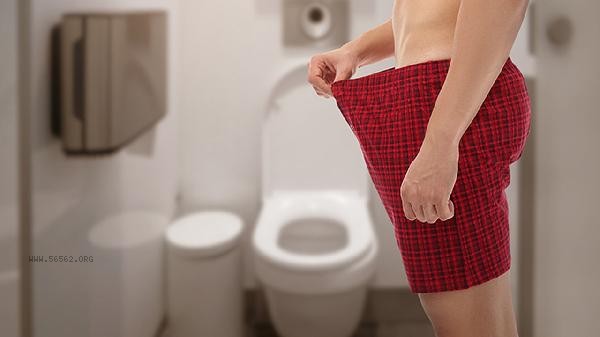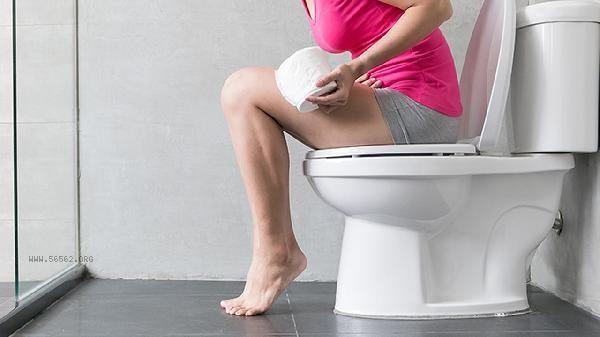A blood creatinine level exceeding 707 μ mol/L is usually considered a diagnostic criterion for uremia, but early warning signals may appear when creatinine levels continue to exceed 133 μ mol/L in males or 106 μ mol/L in females. The progression of renal function injury is closely related to the stage of chronic kidney disease. The main influencing factors include the decline of glomerular filtration rate, poor control of hypertension, diabetes complications, long-term drug nephrotoxicity and hereditary kidney disease.

1. Glomerular filtration rate:
When the estimated glomerular filtration rate eGFR is less than 60ml/min/1.73m ², even if the creatinine value has not yet reached the uremic standard, it indicates that renal function has entered stage 3 of chronic kidney disease. At this time, non-specific symptoms such as increased nocturia and mild anemia may occur. It is recommended to monitor kidney function every 3-6 months. 2. Hypertension association: Uncontrolled hypertension can accelerate glomerulosclerosis. When blood pressure remains above 140/90mmHg, creatinine levels may increase at a rate of 10-20 μ mol/L per year. These patients need regular check ups for urinary microalbumin, and early intervention can delay the rise of creatinine.
3. Impact of diabetes:
When microalbuminuria occurs in diabetes patients, the creatinine value may be in the normal range, but it indicates the beginning of kidney damage. Long term fasting blood glucose levels exceeding 7mmol/L can accelerate renal function deterioration, and it is recommended to control glycated hemoglobin levels below 6.5%.
4. Drug nephrotoxicity:
After long-term use of nonsteroidal anti-inflammatory drugs, certain antibiotics, or contrast agents, a short-term increase in creatinine of 26.5 μ mol/L or more indicates the risk of acute kidney injury. This type of situation requires immediate discontinuation of nephrotoxic drugs and hydration therapy. 3. Hereditary Kidney Disease: Patients with hereditary diseases such as polycystic kidney disease may experience symptoms of uremia when creatinine reaches 200 μ mol/L. These patients need to undergo regular renal ultrasound and genetic testing starting from their youth. For individuals with critical creatinine levels, it is recommended to adopt a low protein diet of 0.6-0.8g/kg body weight per day, with priority given to high-quality proteins such as fish and egg white; Strictly control daily salt intake to no more than 5g; maintain 150 minutes of moderate intensity aerobic exercise per week; Avoid using nephrotoxic traditional Chinese medicines such as Guan Mu Tong and Guang Fang Ji; Monitor blood creatinine, urea nitrogen, blood potassium and other indicators every 3 months. When non-specific symptoms such as fatigue, decreased appetite, and skin itching occur, 24-hour urine protein quantification and renal ultrasound examination should be performed in a timely manner.










Comments (0)
Leave a Comment
No comments yet
Be the first to share your thoughts!